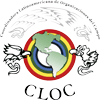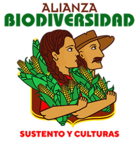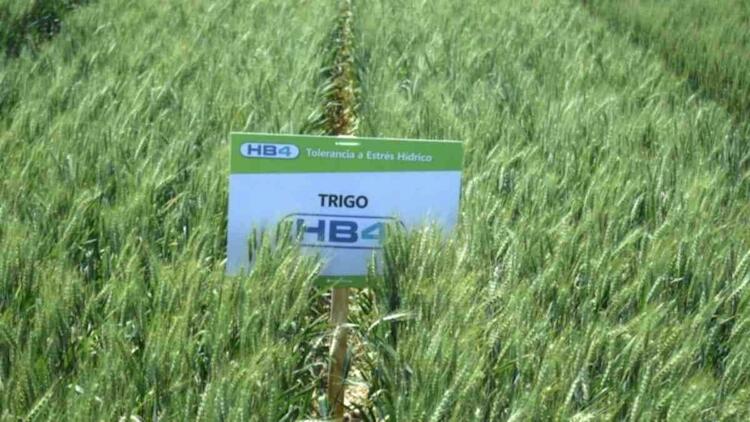Civil society organisations call for the definitive suspension of the planting and commercialisation of GM wheat
The dramatic drop in Bioceres' revenues from HB4 wheat (genetically engineered to resist drought and to tolerate glufosinate ammonium) illustrates the failure of this technology, and the high risks for producers and consumers.
Civil society organisations working to promote sustainable indigenous and peasant farming systems, as well as food sovereignty, in Latin America and Africa call for the definitive suspension of all permits for the planting and commercialisation of GM wheat.
Bioceres has presented its HB4 wheat as a drought-resistant variety, which also has genes for tolerance to the herbicide glufosinate ammonium, and as a solution to climate change.
On 12 February 2025, Bioceres Crop Solutions – an Argentine company incorporated in the Cayman Islands that developed the transgenic HB4 wheat – reported a 24% drop in revenues. This is yet another illustration of the failure of the HB4 technology. The company has not explained this commercial failure. We understand that it is due to what many critical voices have said since the beginning of the conflict: that HB4 technology does not provide resistance or tolerance to drought. According to official data, HB4 wheat yields much less than conventional (non-GM) wheat, even in times of drought. In 2021, HB4 wheat yielded on average 17% less than conventional wheat. In the following years, neither the government of Argentina nor the company published yield data for the different regions. Perhaps it’s because the crop’s low productivity was confirmed, and the fall in Bioceres' income led to the company's exit from seed sales.
The launch and approval of HB4 wheat had raised expectations among farmers. Although there is no official data on GM wheat cultivation in Paraguay, agribusiness groups there have been adopting it in various regions. (1) Furthermore, the authorisation of HB4 technology for soybean cultivation in Paraguay coincided with the expansion of the agricultural frontier into the Chaco, a highly deforested arid ecosystem of vital conservation importance due to its fragility and because it is home to peoples in voluntary isolation. In addition, the use of glufosinate ammonium, an herbicide up to 14 times more toxic than glyphosate, increased substantially in the country. (2)
Added to this are the risks that this technology presents to consumers, further increasing the massive use of the highly toxic agrichemicals. Wheat is the main source of carbohydrates and protein for a large share of the world's population, which uses it in everyday foods such as bread, noodles/pasta, couscous and pastries. Despite the importance of wheat in the human diet, there is no validated public method for the detection, identification and quantification of the presence of HB4 wheat in flour and other products.
Its approval did not meet the precautionary requirements for a crop intended for high levels of human food consumption.
We believe that, given the huge failure of HB4 technology – which Bioceres is dragging farmers into in Argentina, Paraguay, and other countries where its cultivation has been authorised – it is time for it to be definitively buried.
We call for the suspension of all permits for the planting and marketing of HB4 wheat, and for the initiation of a comprehensive remediation process in areas where it is being grown.
Last year, we sent a similar petition to several United Nations Special Rapporteurs because the planting and commercialisation of GM wheat will violate several human rights, such as the right to life and livelihoods, to health, to adequate food and food sovereignty, to a balanced and pollution-free environment, to access to land and territory, to the right to self-determination of peoples and local communities who survive with the environment and nature.
Notes:
(1) “Innovation in agriculture: What does Paraguay need to strengthen biotechnology in the countryside?”, Market Data Paraguay, March 2025, https://www.youtube.com/watch?v=DCEcRxorxXI
(2) Arrúa, L., “Dependencia tóxica: la importación de agrotóxicos en los últimos 5 años”, Con la soja al cuello, BASE-IS, 2023, https://www.baseis.org.py/wp-content/uploads/2023/10/Sojaalcuello2023-version-web.pdf
Acción Ecológica
Alianza Biodiversidad
ANAFAE
BASE-IS
CLOC-La Via Campesina
Colectivo por la Autonomía
Colectivo Latinoamericano de Semillas
ETC Group
GRAIN
Grupo Semillas
INSSA
Movimientó Ciência Cidadâ
RAPAL-Uruguay
Red por una América Latina Libre de Transgénicos
REDES (Amigos de la Tierra Uruguay)


